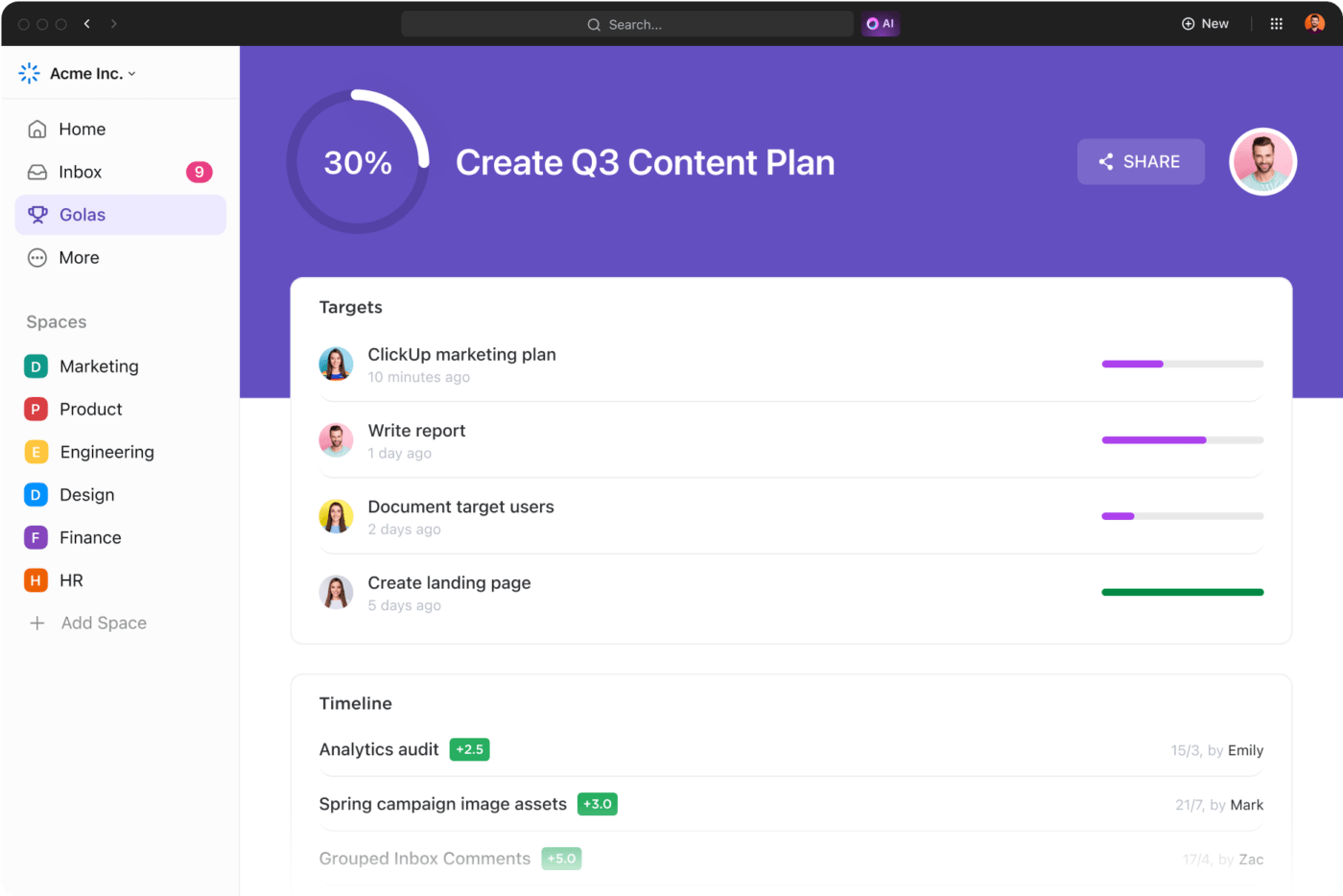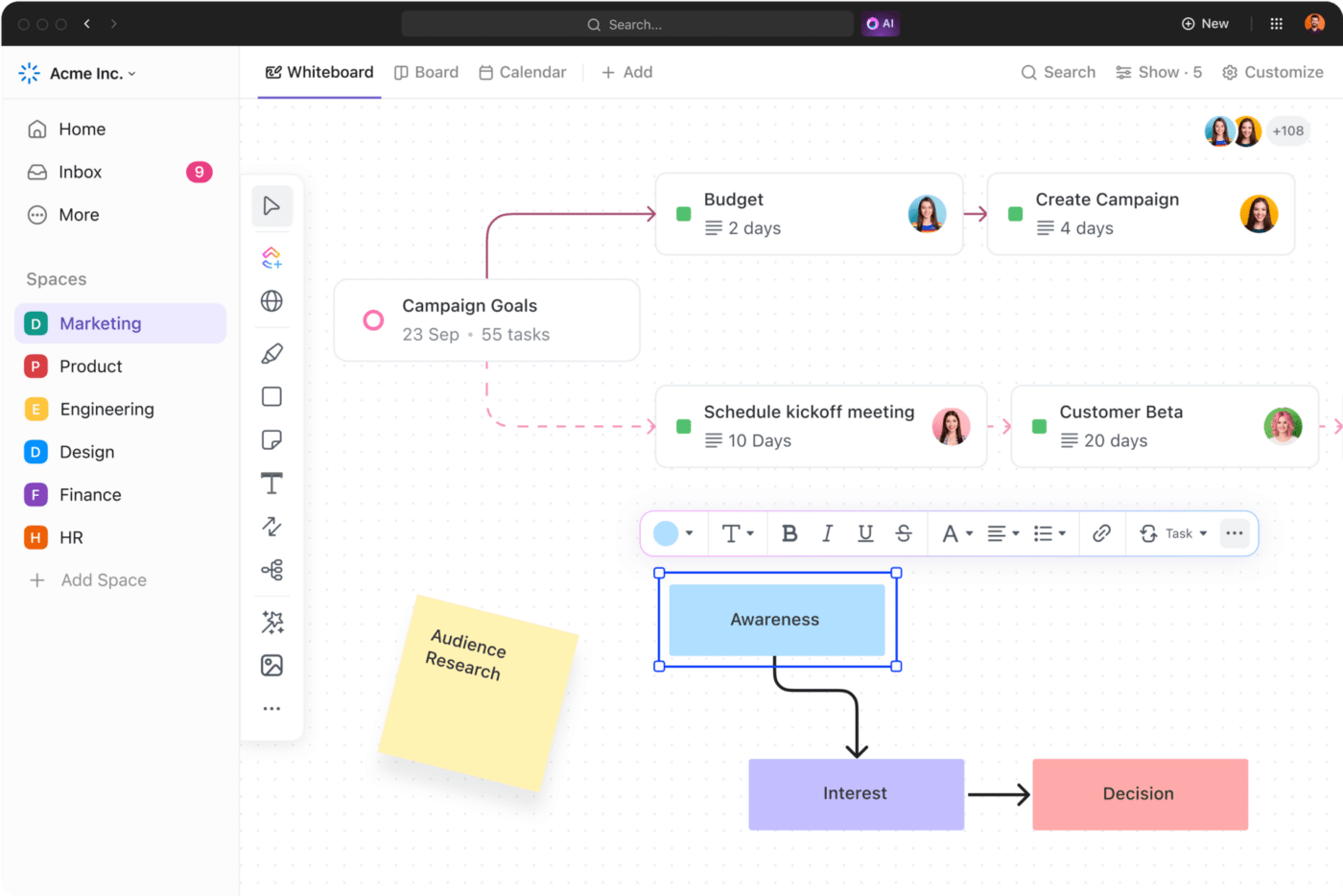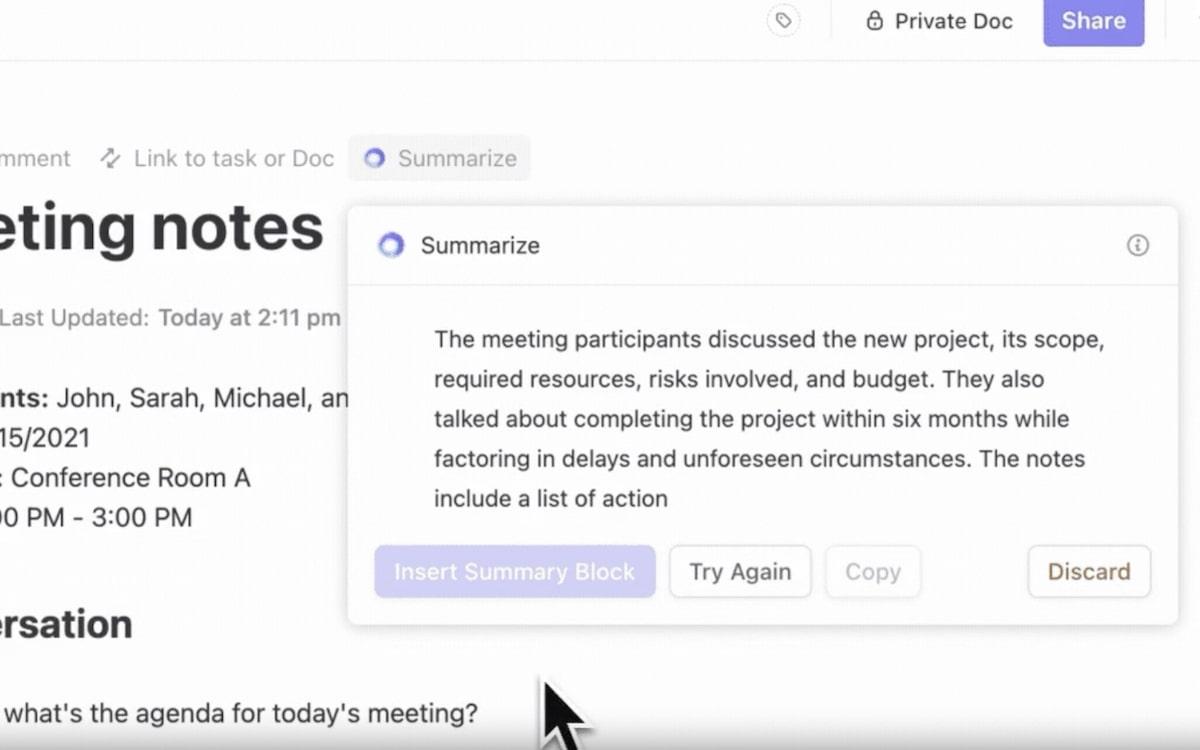Using AI Responsibly: A Quick Guide to AI Governance

Sorry, there were no results found for “”
Sorry, there were no results found for “”
Sorry, there were no results found for “”
Do you have a feeling that nobody talked about AI until recently? Although the technology has been around for decades, its use and popularity skyrocketed in the last few years. Today, generative AI has versatile applications, from agriculture to software development and healthcare.
The explosive expansion of artificial intelligence continues, and nobody can predict the heights it will reach. Along with this rapid growth came the need to somehow reign in on AI’s development and deployment—after all, its immense power might as well be exploited for unethical or even illegal purposes.
Governments, organizations, and researchers needed to establish regulations and standards to ensure proper and responsible development and application of AI—and that’s how AI governance came to be.
In this article, we’ll discuss AI governance in-depth, talk more about its importance, and go over the best practices for developing an AI governance framework for your organization. 💪
AI governance is a set of standards, principles, and frameworks that prescribe ethical, responsible, and safe development and deployment of AI technologies.
On one hand, it addresses potential challenges and risks of developing and using AI. On the other, it promotes the positive effects AI can have on society and ensures nobody uses the technology for unethical, illegal, or malicious purposes.
By delving into the nature of AI systems, AI governance plays a crucial role in fostering trust. It ensures AI technology is transparent, fair, and well-regulated, prioritizing privacy and respecting human rights and freedoms.
The importance of AI governance rises with each new development in the AI landscape. Let’s see what makes it so vital in this day and age.
The primary purpose of AI is to benefit both society in general and individuals. The question of whether it really does so becomes crucial with AI technology permeating nearly every aspect of our lives.
AI governance addresses ethical considerations with a single goal—ensuring that AI-based technology develops in a direction that aligns with societal principles and values. Some of the most essential concepts include:
As AI takes the world by storm, many governments and organizations worldwide have decided to take concrete steps to define the do’s and don’ts of its use. This was a natural reaction to mounting concerns about AI’s potential for manipulation, surveillance, cyberattacks, and other unethical or illegal purposes.
Legislators and regulators have implemented or are preparing to implement AI-related laws and regulations that deal with:
For example, in the U.S., the White House published a Blueprint for an AI Bill of Rights that outlines how AI technology should be developed and used and protects people from AI-related threats.
The European Union is working on the world’s most comprehensive AI law—the AI Act that will define the potential risks of different AI systems and prescribe rules for the technology’s development and use.
AI can do wonders for individuals and companies, but it comes with risks like bias, overreliance on the technology, and potential privacy breaches.
AI governance provides the basis for risk management strategies. By doing so, it helps you maximize the power of AI within ethical and legal boundaries.
We’re all witnessing immense and lightning-fast progress in AI technology. Although it may seem like the technology is developing independently with zero monitoring, that’s not the case. In fact, one of the key areas AI governance tackles is the auditing of AI systems.
Regular and thorough audits check the efficiency of AI systems. They dig deep into the technology to inspect if everything is up to ethical standards and in line with the latest regulations.
Besides helping maintain the systems’ functionality, audits are vital for enhancing the public’s trust in the technology.
Another area AI governance covers is raising awareness and educating society about the technology. It highlights the incredible potential of AI and its various applications while clearly explaining the associated risks and challenges. This promotes a better understanding of:
It also helps individuals and businesses apprehend how they could exploit the power of AI to resolve different challenges they encounter.
On a broader scale, government and regulatory bodies are responsible for creating policies and guidelines within their respective jurisdictions. On the level of individual organizations, the answer depends on their structures and workload distribution.
For example, you may have a team dedicated to establishing an AI governance framework. This team can comprise AI experts, data scientists, developers, legal professionals, and HR personnel. Alternatively, you can have risk management teams and executive leaders dealing with AI regulation.
It’s important to emphasize that effective AI governance is a team effort. Everyone plays a role, and collective adherence to prescribed guidelines is essential for maintaining compliance and ensuring responsible and ethical use. While decision-makers (i.e., office holders and company executives) carry more responsibility, accountability extends to all users to a certain degree.
If you’re creating an AI governance system for your company, ensure everyone understands how they fit into the bigger picture to prevent mistakes and misunderstandings.
As we’ve seen, governing the use of AI minimizes ethical and compliance risks and increases the efficiency of the technology. Ultimately, a robust AI governance framework can skyrocket your business performance. Let’s explore some of the best practices for its establishment.
Before implementing AI governance, you need to understand why you’re doing it. What’s in it for your organization?
Define your goals and ensure they align with your company’s core values. For example, you could say that your goal is to boost customer service through the responsible and ethical use of AI and maximum transparency. Or, you could focus on educating your team about AI’s potential risks and implications.
Luckily, you don’t have to write your goals on an office whiteboard or in your notes. You can use ClickUp, an all-in-one productivity platform, to define clear and measurable objectives and targets.
The platform has a unique feature called ClickUp Goals—use it to define goals, timelines, and strategies and track progress. Add relevant team members to Goals and keep everything documented. Revisit your Goals down the road and see if they need adjustments.

You can’t implement an AI regulatory framework without experts who will guide and monitor the process. That’s why one of the first things on your agenda should be assembling a team in charge of your organization’s AI governance. The people on the team should have the skill sets, expertise, and authority to craft policies and oversee their implementation.
Your AI governance task force should be able to collaborate and communicate without obstacles.
ClickUp offers features that guarantee streamlined communication and encourage teamwork. Your team can use ClickUp Whiteboards to brainstorm and come up with strategies and plans. Whiteboards are digital canvases that allow teams to collaborate in real time and quickly move from ideas to concrete action.

ClickUp Chat view is another fantastic option for clear, uninterrupted communication and constructive discussions. Meanwhile, ClickUp Mind Maps allows teams to visualize workflows and break them down into specific steps and tasks.
If your company wants to reap the benefits of responsible AI, it’s vital to look for a reliable tool that offers incredible functionality without the risk of bias and privacy breaches.
ClickUp offers a remarkable AI-powered writing assistant that can jumpstart your productivity and save you tons of time—ClickUp AI.

ClickUp AI allows you to create all kinds of content in the blink of an eye. Let’s say you want to write a professional email to an important client but don’t know where to begin. ClickUp can generate the email for you based on the instructions you provide. You only need to review the content and click send! ✉️
Of course, ClickUp AI can do much more than generate emails. It can summarize meeting notes and create agendas, presentations, project briefs, mind maps, and timelines. Use it to format and edit your text for maximum clarity and effect.

The cherry on top is the option to create action items and subtasks based on the context of your text. All you need to do is select the desired fragment, press AI, choose Generate action items, and witness ClickUp AI do its magic. ✨
Thanks to its versatile options, ClickUp AI can be used in industries like:
Best of all, ClickUp works on mobile phones, Windows, and Mac devices, so you can use it seamlessly regardless of your operating system or location.
ClickUp AI is based on a variety of models to give you the best experience possible, including Open AI’s ChatGPT-4, the most advanced system with an emphasis on safety.
If you’re worried about privacy, you’ll be happy to know that ClickUp has obtained licensing that ensures your data isn’t used for training AI models.
Besides ClickUp AI, the platform offers a way to efficiently communicate with chatbots like ChatGPT—AI prompt templates. Find a prompt that matches your intent, adapt it a bit if necessary, and get the desired results in seconds.
Now’s the time to craft your organization’s AI governance standards and policies. Depending on your line of work, you’ll use the policies as guidelines for developing or using AI technology in your company. Ensure they align with the company’s values, mission, and vision and follow the latest security and privacy standards.
These policies should also cover the potential risks and ways to minimize them.
Don’t forget to communicate every policy to your employees and ensure they understand everything. Use ClickUp Docs, ClickUp’s capable text editor, to document procedures and guidelines and easily share them with your team.

With the AI landscape constantly evolving, your AI governance policies and standards will require occasional touch-ups to ensure they’re relevant and efficient. Revisit them regularly to see if certain parts require updates and ensure optimal performance. ✨
Without regulated AI, the modern world would probably quickly descend into a Wild West scenario—the lack of controls, policies, and laws could have immeasurable consequences on society. Let’s discuss some of them. 👇
Unregulated AI systems can be biased and discriminative. Why? Because these systems are trained on data full of bias and discrimination, their output can’t be any different.
Let’s say you’re using an AI system to hire a new employee. If the system has biased algorithms or was trained on biased data, it may favor a specific:
You can imagine the repercussions of such a hiring process—the system will, by design, exclude particular candidates, even though they may have more experience or be a better fit for the job.
Now imagine hundreds of companies using the same system as you. AI governance protects from such scenarios by examining the performance of AI systems and prescribing rules for minimizing bias.
AI systems are “fed” with heaps of personal and sensitive data. If it weren’t for data governance, there would be no data privacy and security rules that protect users from identity theft, unauthorized access, and security breaches.
As AI technology advances and becomes more refined, it’s becoming harder for individuals to distinguish between human and AI-generated content.
Deepfakes are a stellar example. These are fake images and videos created with deep learning techniques (hence the name). They often feature face swaps and voice synthesis to create a realistic effect and manipulate the viewers.
Other ways of social manipulation involve “pushing” a specific type of content on social media using biased algorithms.
AI governance highlights transparency in AI systems to ensure users can understand their fundamental principles and potential risks.
If transparency weren’t required, AI developers wouldn’t have to disclose how their systems work and make decisions and conclusions. This would probably result in a lack of trust in AI-based technology and increased privacy concerns.
One of the most trending topics nowadays is whether AI will take our jobs. The lightning-fast development and deployment without proper regulation could leave millions of people without jobs. This could lead to a social, economic, and very likely political breakdown on a global scale.
In order to steer clear of such dystopian scenarios, AI governance promotes AI development that keeps the best interests of people in mind.
Setting up an AI governance framework is vital for ensuring your use of AI-based technology is ethical, legal, and responsible. It keeps your company safe and helps you build a trustworthy relationship with investors and clients.
ClickUp offers everything you need to craft policies and monitor their implementation and performance. It provides communication, team collaboration, organization, process improvement, and project and task management.
ClickUp also features a state-of-the-art AI tool that helps you harness the power of AI with no risks.
Sign up for ClickUp and pave the way for a responsible application of AI technologies!
© 2026 ClickUp